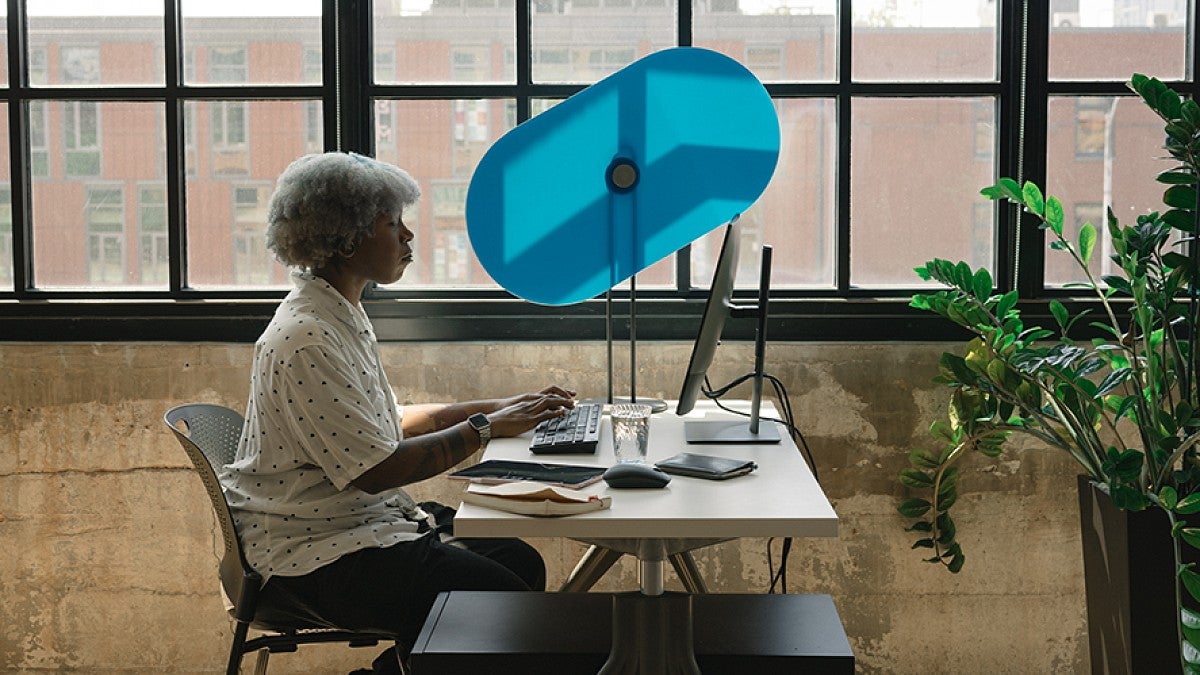By many measures, it’s been a tough year to be in business. But at the University of Oregon, researchers are continuing to transform their discoveries into commercial success.
In the 2021 fiscal year, from July 2020 through June 2021, the UO filed for 14 new patents and UO researchers launched two new companies based on university research. Those new companies bring the total number of existing startups with formal ties to the university up to 28.
And the university brought in $9.1 million in licensing revenue from patents and copyrights, placing it among the top universities in the United States for return on research investment. More than 80 percent of that licensing revenue goes back to UO innovators and their departments on campus.
“Our faculty are demonstrating their creative thinking and entrepreneurial spirit in translating their discoveries to real-word tools and innovations,” said Cass Moseley, interim vice president for research and innovation. “It’s incredible to see such growth this year despite the challenges of the COVID pandemic.”
One new startup this year emerged from a UO College of Education researcher’s longstanding program of research in family-centered interventions. Twenty-five years ago, Beth Stormshak started developing a new approach to working with parents: a personalized and evidence-based program built on assessing parents’ strengths.
Her Family Check-Up tool is designed to help parents improve their home environment and support their children’s mental health and wellness. This year, Stormshak launched a company, Northwest Prevention Science, to share an online version of the Family Check-Up with community health providers and schools across the country.
Another new UO startup, TaskShade, is marketing an adjustable sunshade that blocks glare without compromising views or natural light. A team led by College of Design researcher Kevin Van Den Wymelenberg spent two years designing the prototype, and it’s currently raising money to scale up production.
The pandemic provided new opportunities for partnerships with existing companies, too. For example, Van Den Wymelenberg helped Thermo Fisher Scientific test a new instrument that samples indoor air for viral aerosols, particularly relevant for COVID-safe transitions back to the office and to in-person school.
But commercial success doesn’t come from nowhere.
“UO has worked to create an environment that fosters innovation, providing support for faculty who want to take their ideas beyond the lab or classroom,” said Chuck Williams, associate vice president for innovation.
Sometimes, that support is financial. For example, NatureQuant, a company co-founded by human physiology researcher Chris Minson in 2019, is currently beta-testing an app that lets users track their daily exposure to nature. Money from the University Venture Development Fund is helping Minson’s team scientifically validate the NatureDose app.
NatureQuant is partnering with Ksana Health, another UO startup that specializes in digital mental health tools. That will allow researchers to use NatureQuant’s technology in their work, and eventually make it more accessible for health care providers.
And Stormshak says her team benefited from translational research grant funding provided by the UO, which helped her make the Family Check-Up into a commercial product.
“Starting a company has been a new learning experience, and I am excited to bring the Family Check-Up to scale and disseminate this model widely,” Stormshak said.
Support also comes in the form of mentorship. One example: The newly launched Women’s Innovation Network, a program developed in acknowledgement of the extra barriers that women face when trying to go into business.
“Women are listed as inventors on just 18 percent of patents at universities,” said Mandy Gettler, senior innovation asset administrator at UO. “We want to see more invention disclosures from women and more women-led startups.”
In response, Gettler is co-leading the Women’s Innovation Network alongside Christine Gramer, a senior technology development associate at the university. Their nine-month program supports women starting their own businesses or bringing their research to market, providing mentorship, guidance and connections to successful female business leaders in the community.
It’s run in partnership with Onward Eugene, a local organization that supports entrepreneurship. Current participants include both UO-affiliated researchers as well as members of the Eugene community. Admission to the first official cohort, which began this fall, was competitive, Gettler said. They had about twice as many applicants as available slots. But the program’s monthly seminars are open to anyone.
“As a university, we want to remove barriers to translating discoveries into innovations with real-world impact,” Moseley said. “This year, we’ve seen exciting growth in this space.”
—By Laurel Hamers, University Communication


